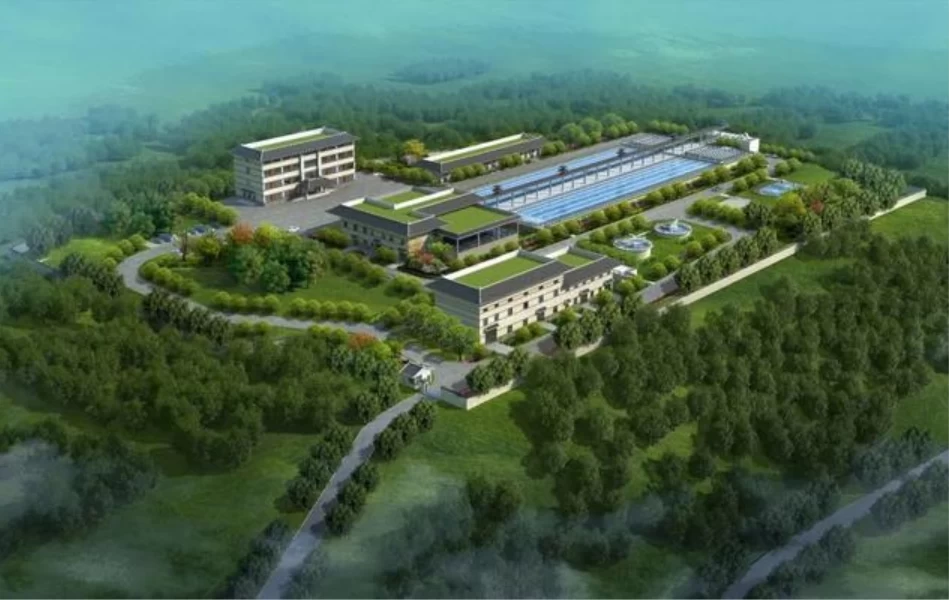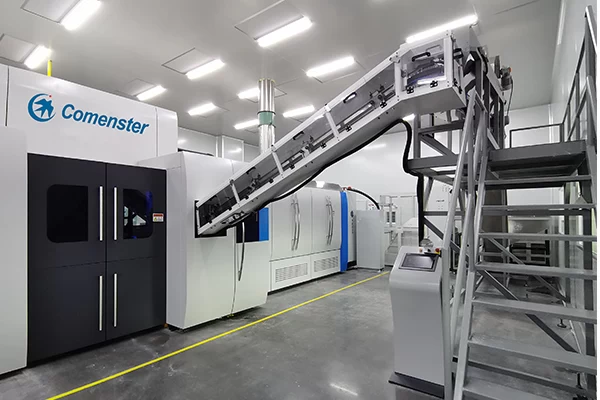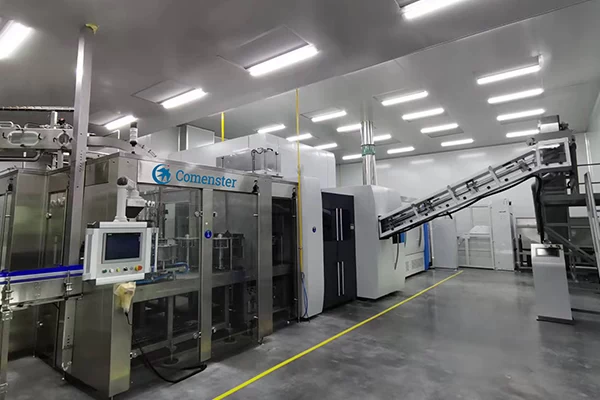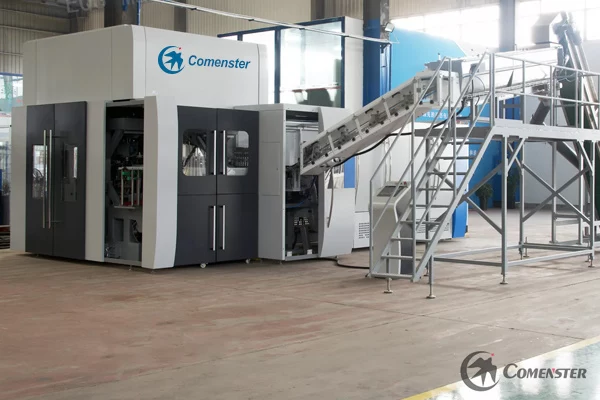The survey showcases the significant growth potential of the global bottled water market, particularly among urban residents. With increased health awareness and a rising standard for hygiene, bottled water has become the more favored choice. Functional bottled water, which includes water enhanced with additional health benefits such as vitamins, minerals, or other nutritional elements, is experiencing a surge in demand.

Several key insights from this trend include:
Market Growth: The study predicts that the bottled water market will grow at a Compound Annual Growth Rate (CAGR) of 6.44% from 2017 to 2024. This indicates a significant expansion of the bottled water market in the coming years.
Market Value: By 2024, the valuation of the global bottled water market is expected to reach $307.2 billion, a significant increase from $198.5 billion in 2017.
Volume Demand: In terms of volume, the demand for bottled water is projected to reach 528.2 billion liters by the end of 2024. This substantial volume further proves the prevalence of bottled water as a beverage choice.
Increased Health Consciousness: The rise in global health awareness and consumers' preference for functional products have driven the rapid growth of functional bottled water. These products are favored for their convenience, taste, and added nutritional value.
Shift from Carbonated Drinks to Bottled Water: Consumers moving from traditional carbonated beverages to bottled water, particularly health-centric flavored water and functional waters, have contributed to the market's growth.
This indicates that there are vast business opportunities for companies looking to enter the bottled water market. To be successful, businesses should focus on product innovation and shifting consumer demands, especially the interest in healthy and functional beverages. Moreover, adopting sustainable production and packaging methods will also be key to success, given the increasing consumer concern for environmental impact.
There are certainly opportunities in many local and global markets that can be very lucrative if you're looking to set up a bottled water factory. However, thinking creatively and developing original strategies to attract and retain customers is the only way to beat the competition as a new entrant.
Setting up a bottled water factory involves several critical steps which include market research, legal compliance, site selection, sourcing equipment, establishing production processes, and developing a distribution network. Here's a general guide:
Market Research:
Analysis: Conduct market research to identify the demand for bottled water in your target area. Understand customer preferences and the competitive landscape.
Business Plan: Develop a comprehensive business plan covering all aspects of your startup, including production, marketing strategies, distribution channels, and financial projections.
Legal Compliance:
Business Registration: Register your business as required by your local or national laws.
Licenses and Permits: Obtain the necessary licenses (health department permissions, water rights permissions) and permits (business permit, environmental permit) needed to operate a bottled water plant.
FDA Regulations: For the USA, ensure compliance with the Food and Drug Administration (FDA) regulations. In other countries, adhere to the respective food and safety authorities.
Site Selection:
Water Source: Secure a reliable source of clean water. Water quality testing is crucial to meet health standards.
Location: Choose a location that is easily accessible for transportation, near to your market, and compliant with zoning laws.
Setup Manufacturing Facility:
Building Specifications: Design or choose a building that suits the specific requirements of your production process.
Equipment: Purchase and install the necessary equipment such as water treatment systems, bottling machines, cap sealing machines, and quality control (QC) equipment.
Production Process:
Water Treatment: Establish a water treatment process. Common treatments include filtration, reverse osmosis, UV/ozonation.
Bottling: Set up a hygienic and efficient bottling process, considering the bottle sizes you wish to offer.
Quality Control: Implement strict QC protocols to ensure the water meets health standards at all times.
Branding and Packaging:
Brand Identity: Create a distinctive brand identity for your product.
Label Design: Craft compliant labels that convey your brand message and meet regulatory information requirements.
Distribution Network:
Distributors: Build relationships with distributors to get your product to market.
Retail Partnerships: Establish partnerships with supermarkets, food stores, restaurants, and other retail outlets.
Marketing Strategy:
Promotion: Devise marketing and promotional strategies to build your brand presence in the market.
Social Proof: Obtain quality certifications to bolster your marketing claims and provide confidence to customers.
Scaling Up:
Growth Planning: As your business grows, plan for expansion, whether it be through the introduction of new product lines or accessing new markets.
Remember, the specifics of each of these steps can vary widely depending on the location and scale of your operation. It's also highly recommended to consult with industry experts, and potentially hire a consultant who has experience setting up bottled water facilities. Additionally, keep environmental considerations in mind to ensure sustainable operations such as water sourcing and waste management.



